Staughton Lynd
"Education is above all a meeting between people." Spelman College history professor Staughton Lynd likened Freedom Schools to a guerilla army, living within the community. He wanted the heart of curriculum to stem from questions taken from each student’s most immediate experience of housing, employment, and education, and work outward to questions such as: "What is it like for Negroes who go North? What are the myths of our society about the Negro’s past? What in Mississippi keeps us from getting the things we want?" The curriculum emphasized building student self-esteem and included units on "The Power Structure," the history of the Freedom Movement, and nonviolence.
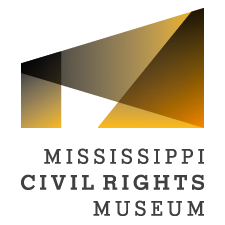
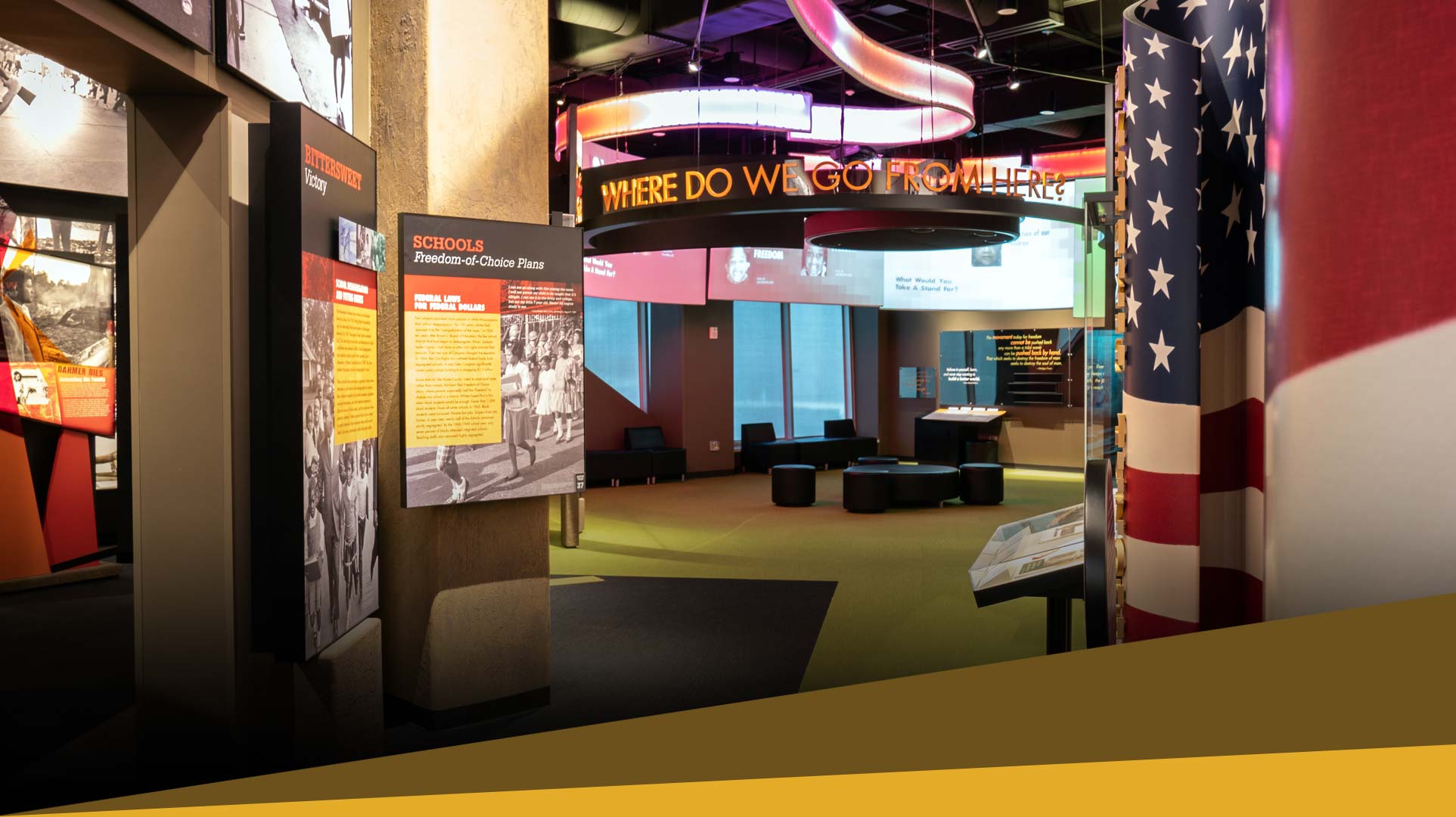
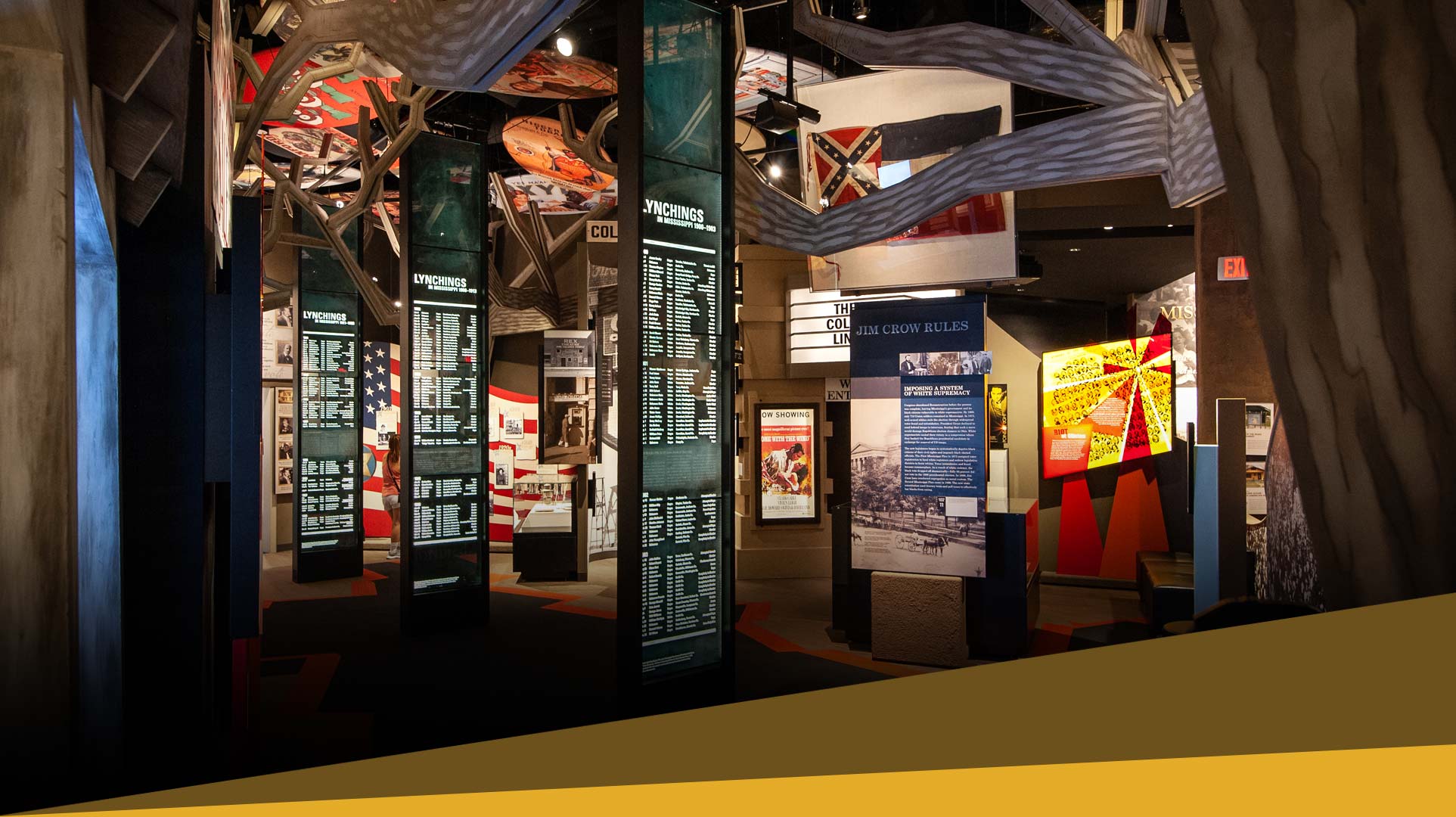
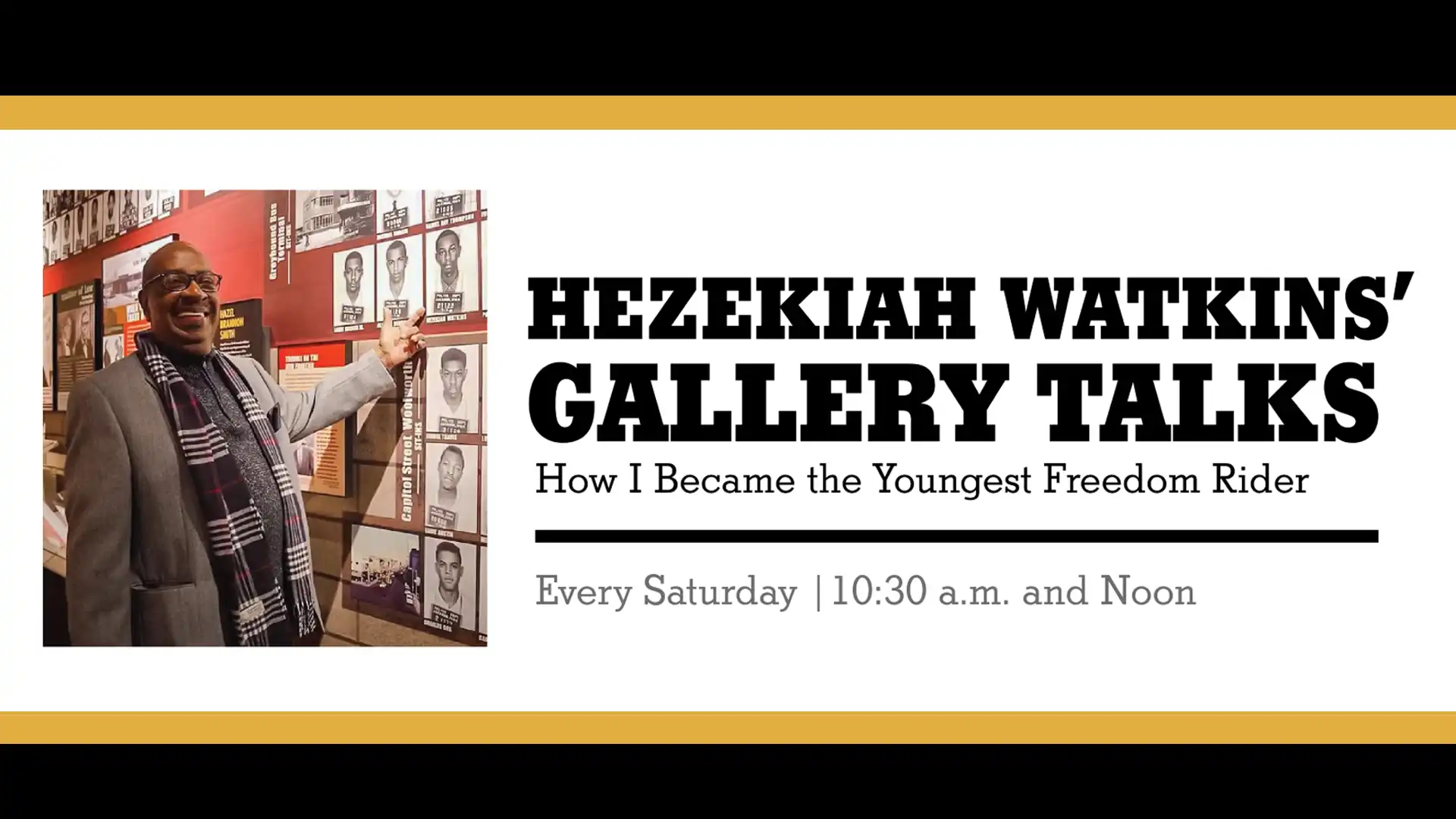
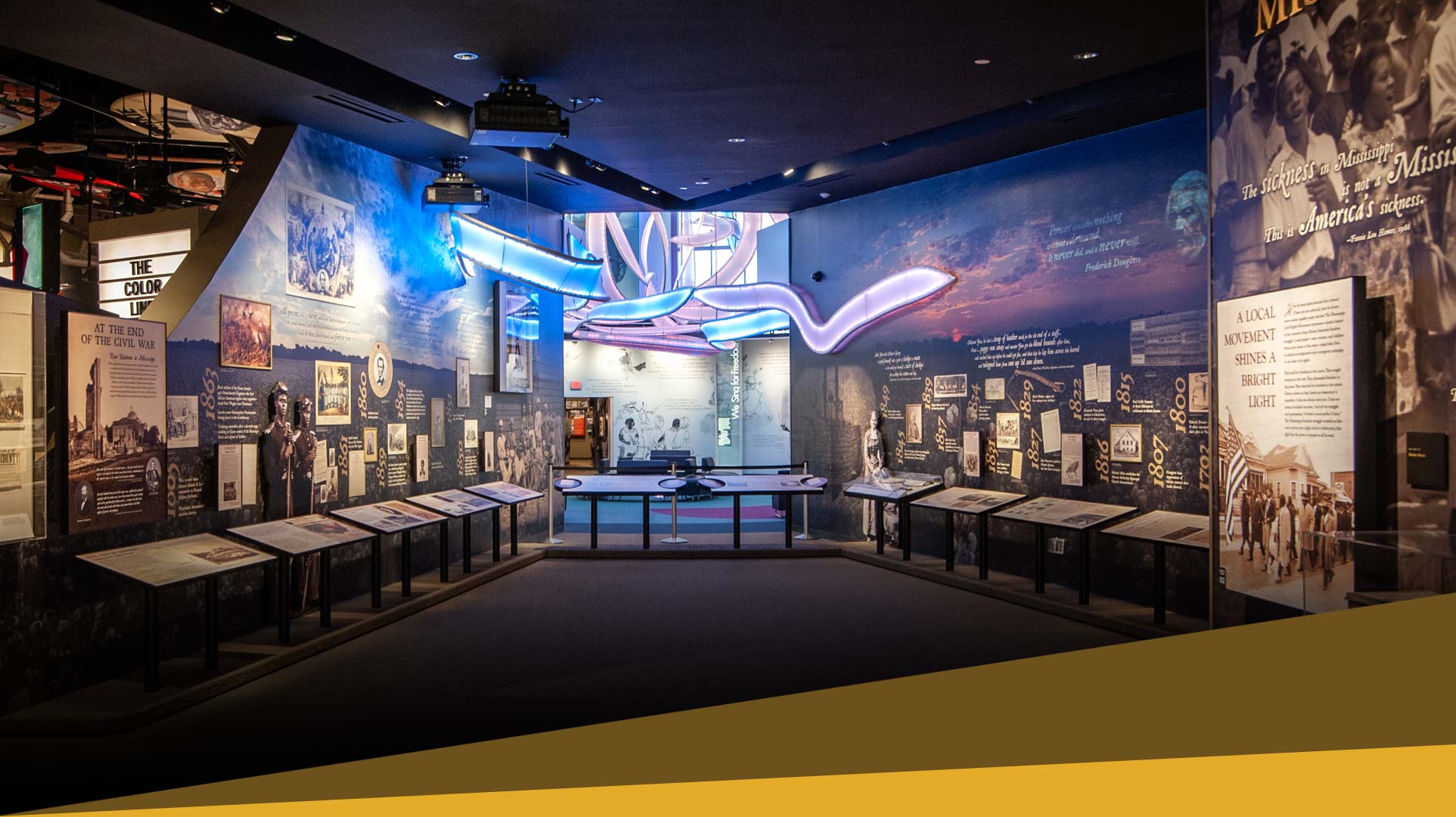
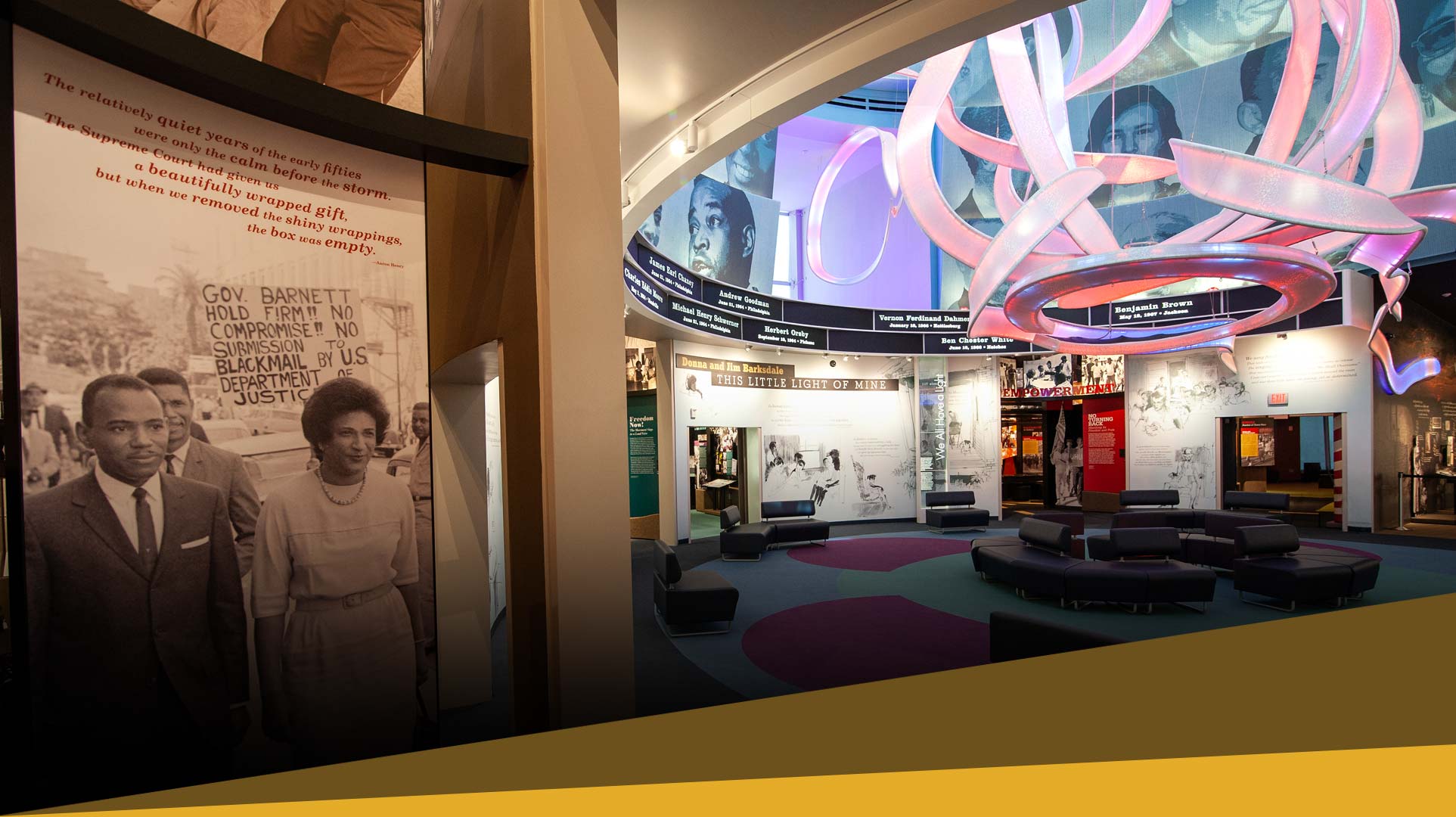
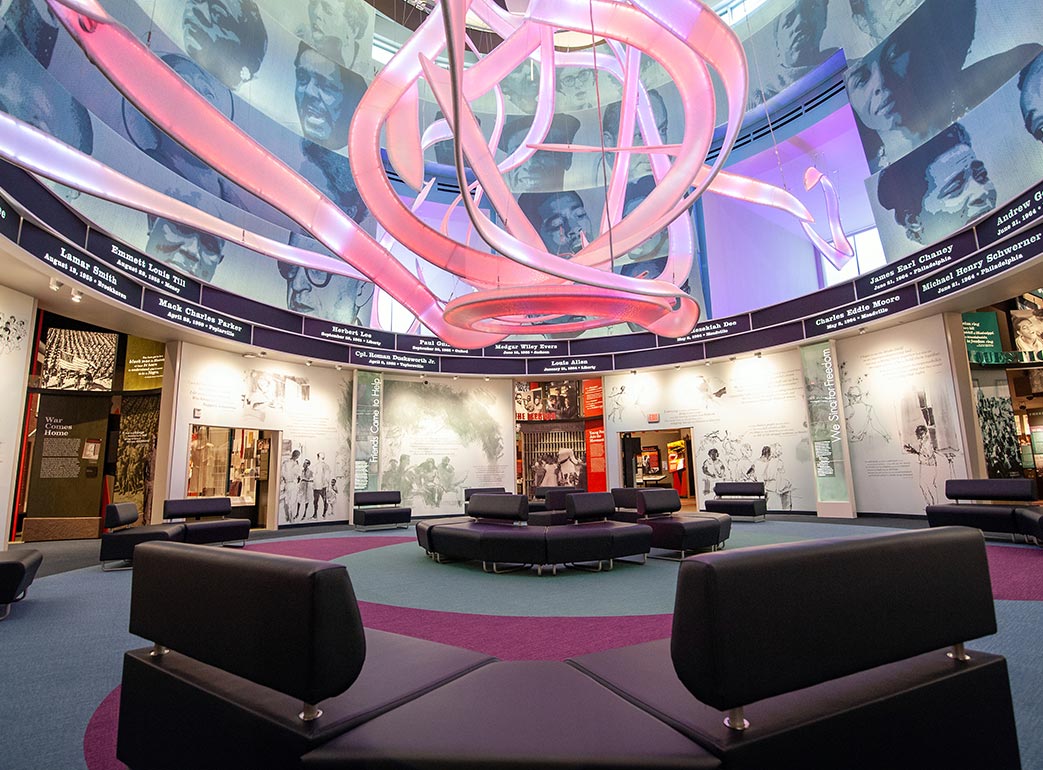

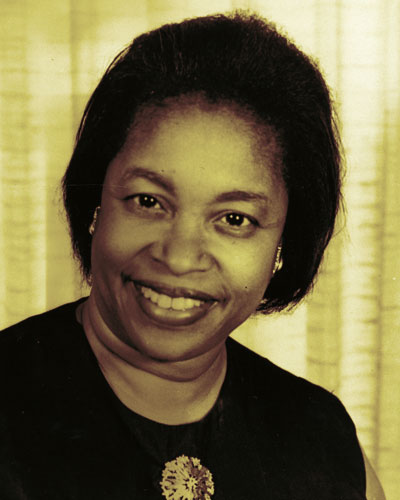
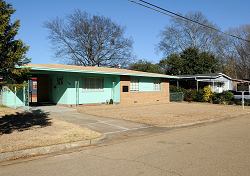 Home and assassination site of famed civil rights activist
Home and assassination site of famed civil rights activist First Catholic Church in Mississippi River Valley with exclusively African American congregation
First Catholic Church in Mississippi River Valley with exclusively African American congregation